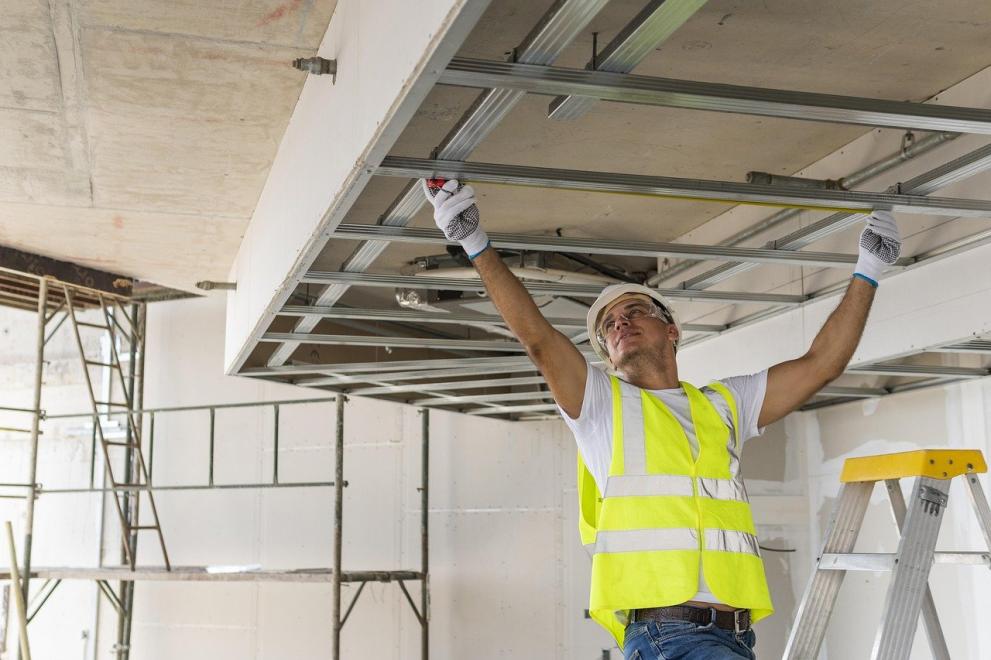First session of the “Build 2030" roadmap working group
First session of the "Build 2030" working group
Attendance of the ICCL team at the first session of BUILD UP SKILL
23 enero 2024

Construye 2030, is a BUILD UP Skills project framed this time in the LIFE programme and aims to revise the research and the proposals made in 2012, as well as the boost of the first National Qualification Platform. This update will be carried out through:
• Collaborative work with professionals from different areas of the construction sector.
• Analysis of sectoral statistics.
• Panel of experts and interviews with key professionals.
• Endorsement seminars.
The initiative addresses all professionals active in the building value chain as well as companies employing them, but also public authorities as well as building owners and tenants.
The main focus areas include:
skills intelligence for the green transition in the built environment;
skills development, supporting new or upgraded training and qualification schemes covering all aspects of building decarbonisation;
skills uptake, developping measures increasing the demand for skills and skilled professionals.
Over the years, supported projects have allowed to test and validate a whole toolbox of approaches, notably:
National skills strategies, including assessment of skills gaps and roadmaps of actions endorsed by key stakeholders;
Qualification and training schemes in different thematic areas (deep renovation, nZEB, heat pumps, Building Information Modelling, circular construction etc…);
Innovative tools and methods to train the workforce, for example training delivered directly at the renovation site, or through digital means;
Pilot trainings of professionals and/or trainers, although the primary focus of BUILD UP Skills is on the engineering of new skills and piloting of innovative methods, rather than on the organisation of large-scale training;
Mechanisms to boost the demand for skills, for example through awareness campaigns, the development of skills passports and registers of trained professionals, or exploring ways to include skills or qualification requirements in procurement procedures.
These tools and approaches are now available for replication and upscaling and national or regional level.





